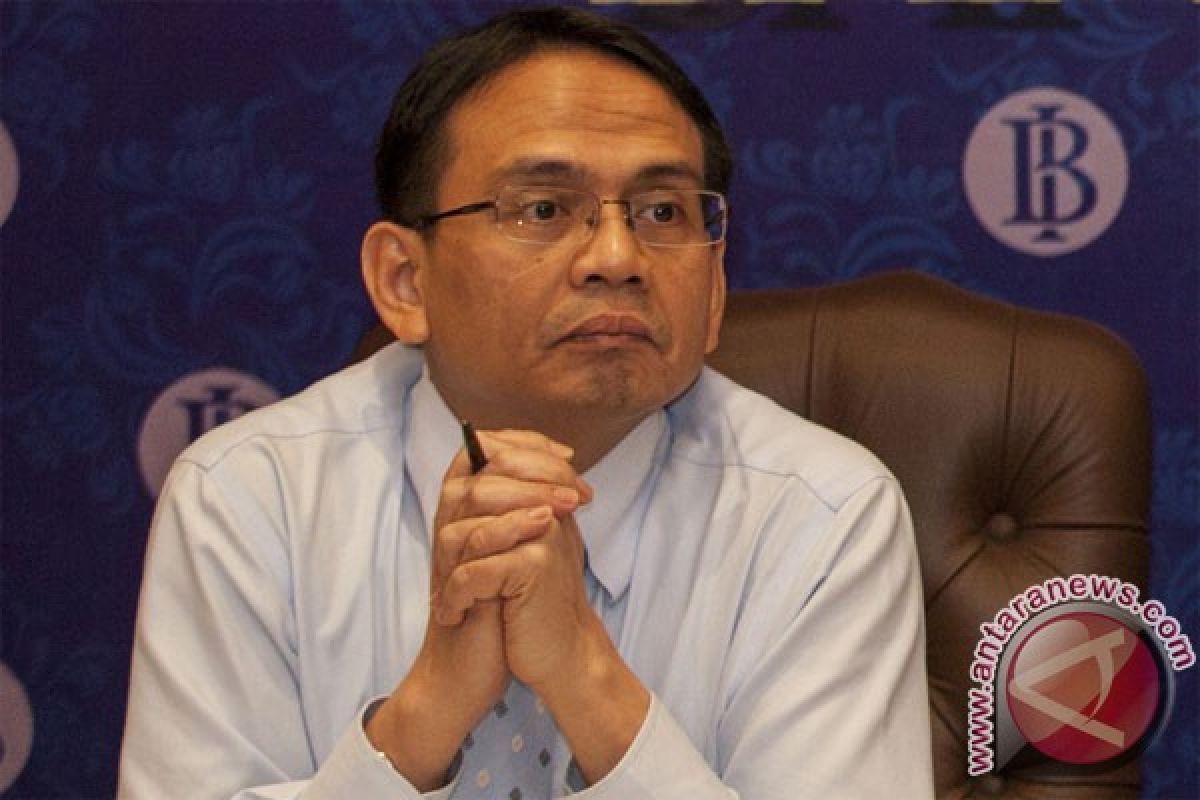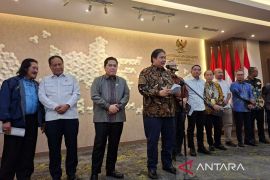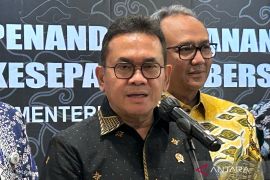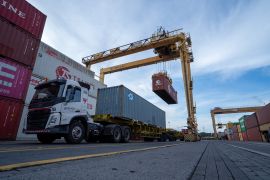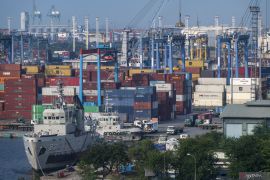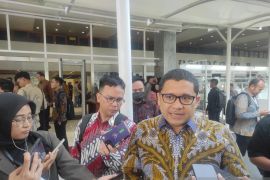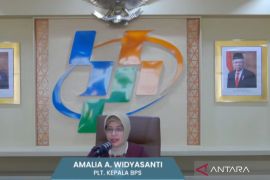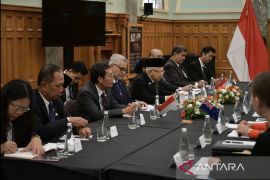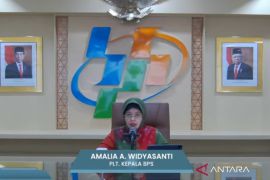"The larger deficit was due to an increase in the oil and gas trade deficit stemming from an oil and gas export decline that outpaced the corresponding dip in oil and gas imports," Bank Indonesia (BI)Communication Department Executive Director Agusman noted in a statement here on Wednesday.
Meanwhile, a relatively stable non-oil and gas trade deficit was maintained as non-oil and gas exports rallied amidst persistently strong non-oil and gas imports.
The oil and gas trade deficit stood at $0.45 billion in January 2019, ticking upwards from $0.28 billion the month earlier.
The larger deficit originated from a decrease in oil and gas exports from $1.75 billion in December 2018 to $1.23 billion in the reporting period, held back by refined products and crude oil in line with lower export volume and sliding oil prices.
The oil and gas export decline recorded in January 2019 outpaced the $0.34 billion (mtm) drop in oil and gas imports to $1.69 billion, which was again down to refined products and crude oil on falling oil prices.
The non-oil and gas trade balance recorded a $0.70 billion deficit in January 2019, relatively unchanged compared to $0.70 billion deficit posted in the previous period as a result of stronger non-oil and gas exports against a backdrop of stable non-oil and gas imports.
Non-oil and gas exports stood at $12.63 billion in the reporting period, surging $0.05 billion (mtm) in the month earlier, dominated by shipments of motor vehicles and components, electrical machinery and equipment, as well as iron and steel.
Meanwhile, non-oil and gas imports were maintained at $13.34 billion due to increasing demand for imports of organic chemicals, plastics, and articles of plastic as well as iron and steel.
Bank Indonesia considers the latest trade balance developments a corollary of ongoing global headwinds and lower commodity prices for Indonesian exports amidst persistently strong domestic demand.
Moving forward, BI and the government will continue to coordinate in order to monitor global and national economic developments and strengthen external sector resilience, including the domestic trade outlook.
Reporter: Azis Kurmala
Editor: Fardah Assegaf
Copyright © ANTARA 2019
